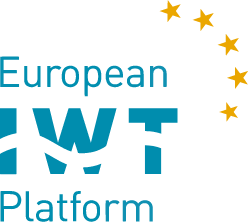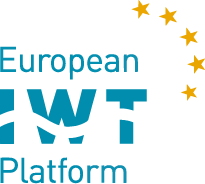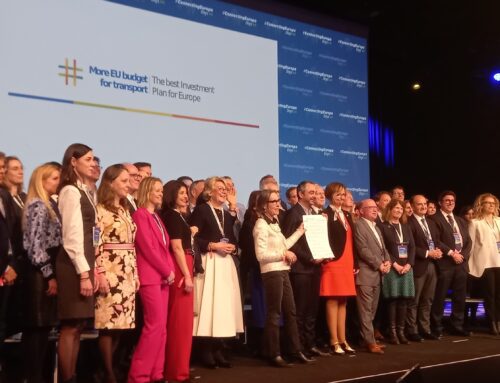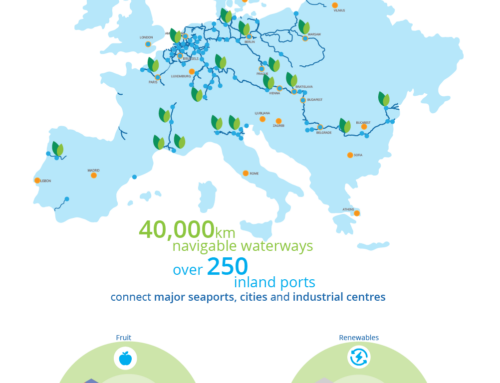Germany adopted a new Corona ordinance which may impose burdens on crew members when entering Germany after a more than 72 hours stay abroad. According to this ordinance people entering Germany have the obligation to register and to test on entry. Persons who, for job-related reasons, carry passengers or goods by road, rail, ship or aircraft across the border are exempt from the obligation to complete a digital registration on entry, if appropriate health and safety protocols are complied with (section 2(1)(4)). The abovementioned persons are also exempt from the general testing obligation (section 4(1)(1)) if not coming from “high incidence” or “virus variants area”.
The neighboring countries are categorized in three areas: “risk area”, high incidence area” and “virus variants area” for which areas different obligations are applicable.
The ordinance entered into force on 14 January 2021. As of 24 January 2021 Germany a number of EU countries are already qualified as high incidence areas : The list is regularly updated on https://www.rki.de/DE/Content/InfAZ/N/Neuartiges_Coronavirus/Risikogebiete_neu.html and can change daily!
EBU, ESO and EFIP have addressed the responsible German Ministers as well as the Ministers and Minister presidents of the Federal countries to fully exempt crew members from the above obligations. In addition they are in close contact with the European Commission to express the concerns of the IWT industry on this issue. Both the European Council and the Commission have reinforced their statement regarding the crucial role of transport and transport workers as laid down in the system of “Green Lanes” that should keep transport flows moving, in particular to ensure the free movement of goods thus avoiding supply chain disruptions. By way of derogation, transport workers and transport service providers should in principle not be required to undergo restrictions such as quarantines and tests for COVID-19 infection which has been reiterated in a new Commission proposal of 25 January 2021 and adopted by the Council on February 1st 2021.
Theresia Hacksteiner






